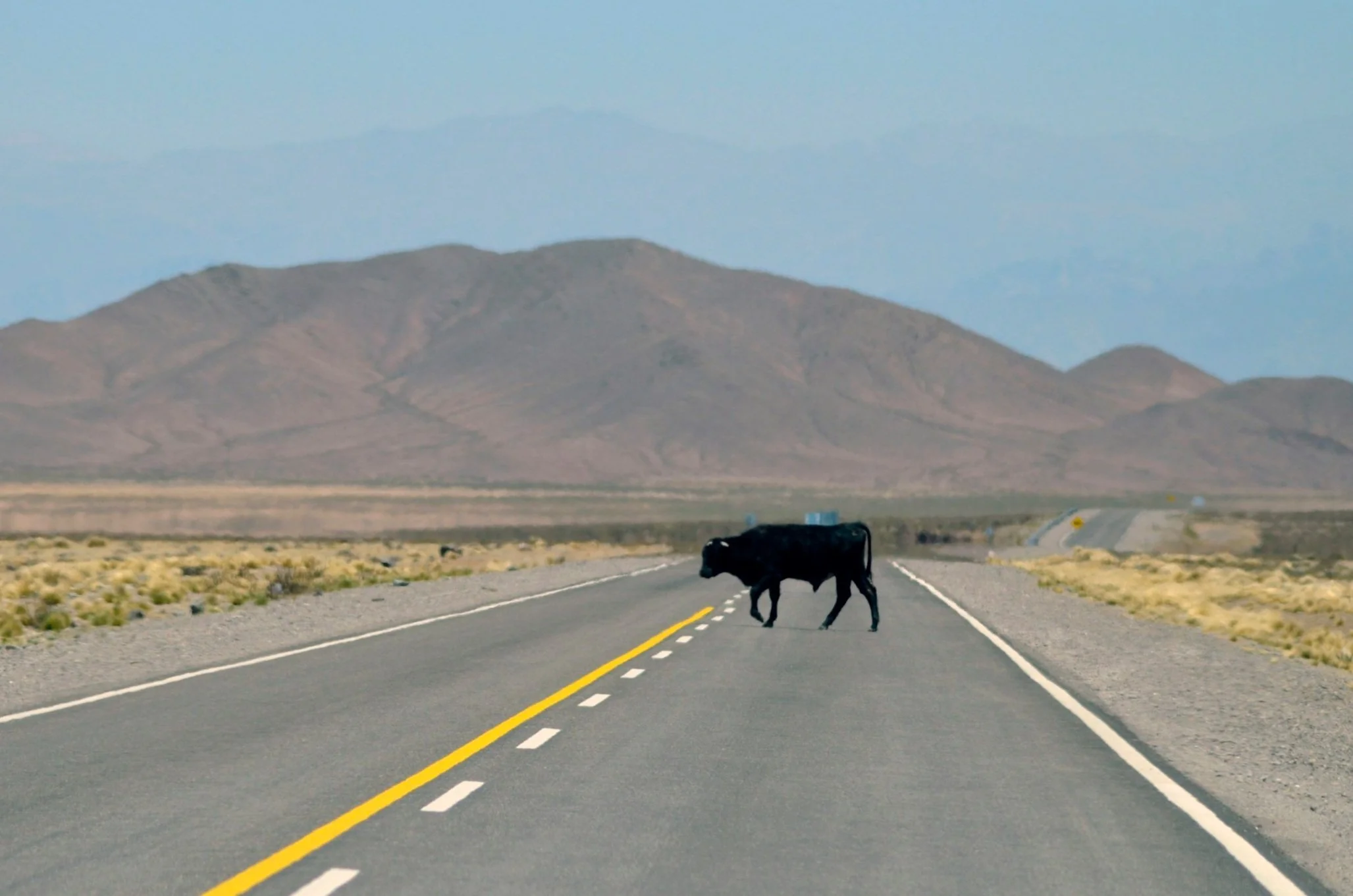The Cow at the End of the Universe
The second book in Douglas Adams’ famous series, The Hitchhiker’s Guide to the Galaxy, starts out with the main characters entering an establishment called “The Restaurant at the End of the Universe.” After being seated, a cow comes up to their table and advertises itself as one of the options on the menu. The cow has clearly been bred to be hyper-intelligent, with capabilities far more impressive than those of a normal cow. It has also been bred to want, more than anything, to be eaten. The cow suggests particular body parts to the patrons, such as its shoulder braised in white wine sauce, and brags that it has been force-feeding itself for months to fatten itself up.
Some of the patrons seem to feel that there is something wrong with eating this cow—either because of the cow’s clear intelligence, or because the cow’s alleged preference to be killed and eaten feels perverse. Perhaps desires like the cow’s desire to be eaten should not be treated in the same way as more standard preferences like a desire for more open space or a desire for something to eat. Usually, we respect a person’s preferences on the assumption that they are rational and aware of basic facts. Maybe offering oneself up to be eaten is evidence that these conditions are not met. Someone also might think that there is something wrong with intentionally making a cow with these preferences in the first place, so, on principle, the cow shouldn't be eaten.
On the other hand, other patrons suggest that it would actually be much better to eat this cow than to eat a cow that doesn’t want to be eaten and that you are depriving the cow of what it really wants by refusing. Perhaps a being could genuinely and legitimately desire to be eaten. If they insist that this is what they want, and if we have no other evidence that they cannot control their actions or understand what they are agreeing to, who are we to say that its preference has been formed under inappropriate conditions?
DISCUSSION QUESTIONS
Is it acceptable to eat this cow? Is there a difference, morally speaking, between the choice to eat this particular cow and the choice to create more such cows?
Should we take the cow’s preferences seriously? It is obvious that the cow has not freely chosen to believe what they believe, but what is the significance of this lack of freedom?
What is required in order for a being to be able to consent to something?
EXPLORE MORE CONTEXT
Article
Article
